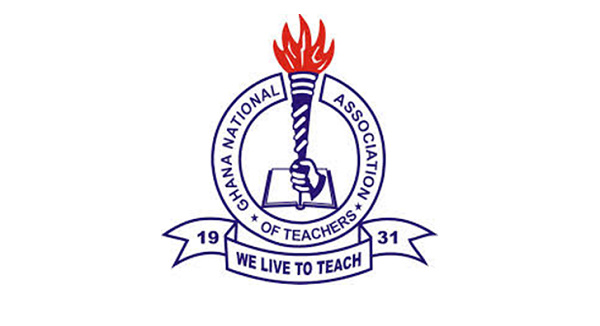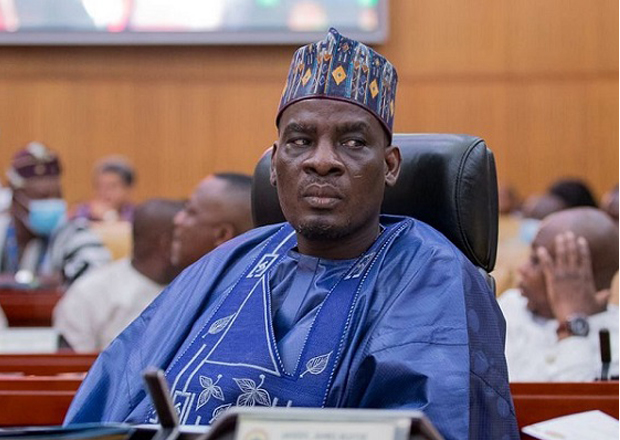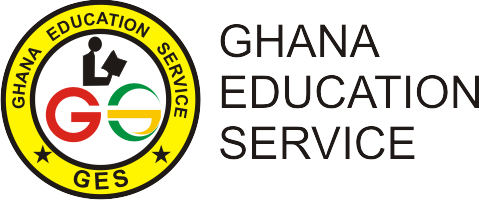GES Pledges to Pay All Outstanding Salaries by End of November
The Ghana Education Service (GES) has announced that it will clear all outstanding salaries owed to 6,249 teaching and non-teaching staff by the end of November 2025. The affected employees include newly recruited teachers who have gone without pay for nearly ten months.
According to the GES, the payment follows a Cabinet-approved extension of financial clearance from the Ministry of Finance to address long-standing salary arrears within the education sector. The decision aims to resolve growing concerns among staff and teacher unions about delayed payments that have caused financial strain for many educators across the country.
Deputy Director-General of GES, Smile Gavua Dzisi, confirmed during a media briefing in Accra on Thursday, October 16, that preparations for disbursing the funds are already in motion.
“Following the approval from Cabinet through the Education Minister, Hon. Haruna Iddrisu, we have been directed to immediately complete all payment processes for staff who have not been paid,” Dr. Dzisi stated. “These unpaid teaching and non-teaching staff number about 6,249, and we expect that all payments will be completed by the end of November.”
She added that the GES Finance Department has begun verifying and validating payroll records to ensure that all eligible staff receive their arrears without further delay.

Many of the affected workers are newly recruited teachers who were posted in early 2025 but have yet to receive their first salaries. Some have reportedly relied on loans or family support to meet their basic needs while awaiting payment.
Teacher unions, including the Ghana National Association of Teachers (GNAT) and the National Association of Graduate Teachers (NAGRAT), have repeatedly urged the government to address the issue, warning that continued delays could demotivate staff and affect teaching quality.
The Ghana Education Service has acknowledged the challenges, attributing the delay to administrative and verification bottlenecks in integrating new recruits into the government’s payroll system. The extension of financial clearance, officials say, now provides the legal backing needed to finalize payments.
The clearance of salary arrears is expected to bring relief to thousands of educators and improve morale across Ghana’s schools. Education experts argue that ensuring timely payment of staff is essential for maintaining teacher motivation, classroom performance, and overall quality of education.
According to the UNESCO Institute for Statistics, Ghana’s teacher-to-student ratio at the secondary level is approximately 1:28, higher than the global target of 1:20. This makes teacher retention and motivation even more critical for sustaining education standards.
The move also reflects the government’s commitment to addressing long-standing wage and recruitment challenges within the sector. In recent years, similar payment backlogs have led to sporadic protests by unpaid staff and calls for payroll system reforms.

Education Minister Haruna Iddrisu has emphasized that government remains committed to ensuring fair and prompt compensation for all education workers. He noted that the Ministry is exploring digital systems to improve payroll management and reduce bureaucratic delays in the recruitment and payment process.
Observers say the latest clearance could signal progress toward a more transparent and efficient human resource management framework in the education sector. If implemented successfully, it may also restore public confidence in the government’s handling of teacher welfare.
For rural schools in particular, where staffing shortages remain a persistent challenge, prompt salary payments could help improve retention rates and teaching quality. Ghana’s education sector currently employs more than 350,000 staff, including teachers, administrators, and support workers, according to the Ministry of Education.
While the GES announcement has been widely welcomed, teacher unions are calling for stronger safeguards to prevent future salary delays. They have urged the Ministry of Education to establish a real-time payroll monitoring system and ensure that all new recruits are added to the government payroll within the first two months of posting.
Education analysts also suggest that consistent financial planning and improved data coordination between the GES, Ministry of Finance, and Controller and Accountant-General’s Department will be crucial in sustaining progress.
As Ghana continues to expand access to education through initiatives such as Free SHS and the Science, Technology, Engineering and Mathematics (STEM) programme, effective management of teacher welfare will remain central to the success of these policies.
For now, the GES assurance offers a measure of relief to thousands of staff who have been waiting for months. If fulfilled as promised, the November payments will mark an important step toward restoring confidence among education workers and stabilizing the school system.
Read also: Free SHS Extension to Private Schools Marks Key Shift in Ghana’s Education Policy

